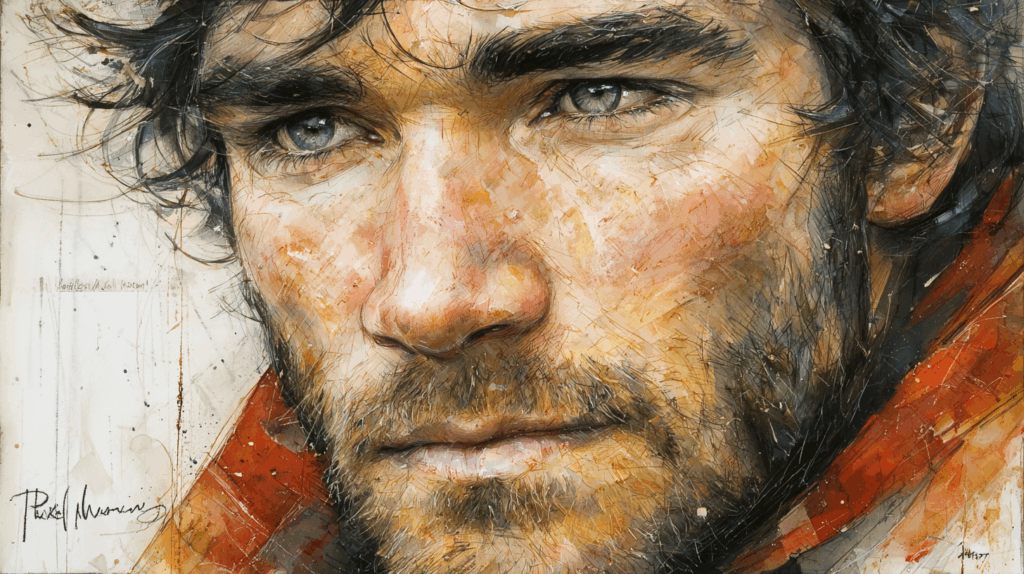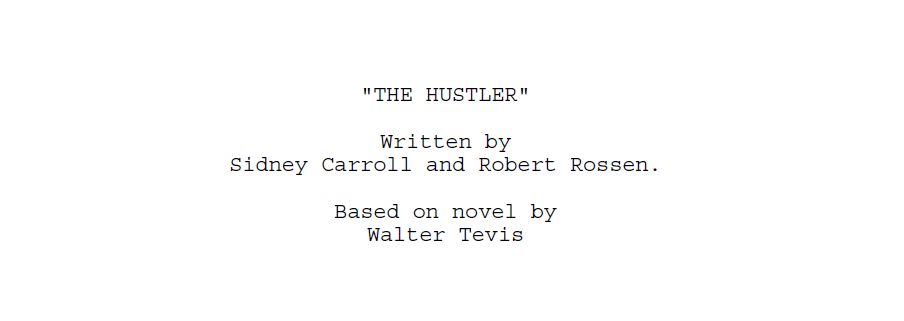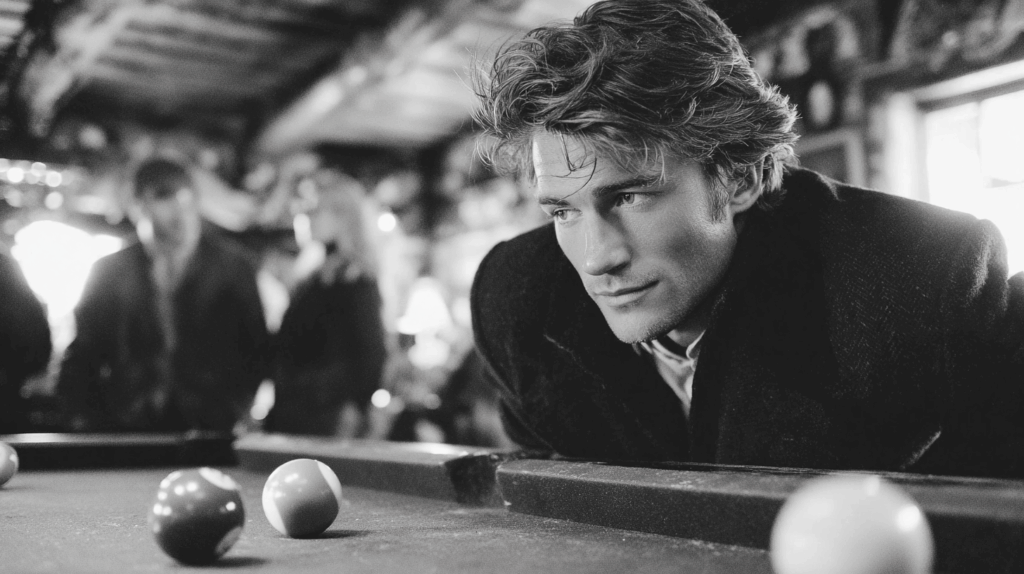Pain – The Price of Success

We love it. The sweet, the sticky, the seductive. Sweet as a candy cane, colorful as a bag of assorted candies. Popcorn for our mental cinema. The nice, sweet story about success. The sweet lie.
The lie.
There are so many wonderful lies about the nature of success and how it is possible to be successful.
Success? Here’s a handy ten-step guide.
Success? Just do this.
Success? Here are the secrets, just for you.
Success? Anyone can be successful.
No, they can’t.
Let’s talk about reality. Let’s talk about “the pain.” Let’s start with the exceptions: You win the lottery, your first product, your first company makes an immediate breakthrough. You marry rich, you get your dream job right away. Your first project is a smash hit. Nice. Good for you. Great for you. Hey, I even envy you. You’re talented AND you’re lucky, a dream come true.
But…
But that’s the exception. Not normal success. Normal success consists of learning, working, then continuing to learn and continue working, and then… continuing to work. Every day, with everything we have. Our abilities, our money, our desire to create and win.
One year, two years, five years, ten years. Work.
Ten years of training for a successful athletic award.
Ten years of work for the success of your company. Ten years of creative work for your first work that is appreciated by other people.
When you are successful, it’s time for the next lie: If I had been in your place, I would have been just as successful.
No, you would not have been.
I’ll spare you the list of the many, many stories of how people have worked on their success over the years. Anyone who enjoys reading biographies, listening to interviews, or watching films about people’s careers will find the most incredible stories in every career path about how this “success” was achieved. Did chance play a role? Yes. Were there moments when luck was the decisive factor? Yes. But there is only one word that stands out: work.
That is the reality. And as I said above: let’s talk about reality. Let’s talk about “the pain.”
How much pain are you willing to endure to be successful?
How much pain are you willing to take on and still continue to work on your idea?
How much pain is too much for you? When can you no longer continue? When do you stop?
You think pain won’t wait for you? You think it will be different for you? You think you’re so smart you can outsmart pain?
No. Pain is inevitable. It will find you.
Since we’re talking about the film business here, here are a few examples.
- An actor who cancels on you at the last minute
- A financier who changes his mind from one day to the next
- Mediocre work from a bored employee
- Props that don’t work
- Computer problems
- Lost data
- Arguments on set
- A filming permit that isn’t granted
- And much, much more that doesn’t work as planned
All of this costs you time, effort, money, and your nerves. That is the pain. How well can you deal with this pain? That is a question of your attitude, your character.

How do we deal with this pain? How can we be successful?

Of course, I could write a few clever paragraphs about this. But since we’re talking about film production here, let’s get our wisdom directly from a film.
In 1959, Walter Tevis wrote the book “The Hustler.” It’s a story about a young pool player named “Fast Eddie” who wants to defeat the legendary grandmaster “Minnesota Fats.” The book was a huge success and was made into a movie in 1961 starring Paul Newman.
Here are the key excerpts on the topics of ‘success’ and “character.”
Fast Eddie and Minnesota Fats in their first duel. Young Fast Eddie is leading the match and has won thousands of dollars. In this scene, we see Minnesota Fats’ manager for the first time. His name is Bert.
EDDIE
I’m the best you ever seen, Fats. I’m the best there is. Now even if you beat me, I’m still the best.
Eddie walks over to the water cooler.
BERT
(quietly, to Fats)
Stay with this kid. He’s a loser.
A harsh statement, but Bert has judged Fast Eddie correctly. Eddie can’t handle the pressure, and Minnesota Fats wins the first pool duel after many hours.
The scene is described even more intensely in the book. It says:
I’m the best, even if you beat me. Eddie felt a weight lift from his shoulders. And deep inside, a tiny, distant voice rose up, a thin, tortured cry that told him with a sigh: You don’t have to win. These words had lifted the burden from him. The burden of responsibility. And the steel blade of his fear.
“I’m the best,” he said, “no matter who wins.”
“We’ll see about that,” said Fats, and took the shot.
This is the YouTube Video:
Days later, Eddie and Bert meet in a bar, they drink and talk to each other.
Quote from the script:
BERT
I don’t think there’s a pool player alive shoots better pool than I saw you shoot the other night at Ames. You got talent.
EDDIE
So I’ve got talent. So what beat me?
BERT
Character.
EDDIE
(laughs)
Yeah. Sure, sure.
BERT
You’re damned right I’m sure. Everybody’s got talent. I’ve got talent. You think you can play big-money straight pool, or poker, for forty straight hours on nothing but talent?
You think they call Minnesota Fats the best in the country just ’cause he’s got talent? Nah. Minnesota Fats’s got more character in one finger than you
BERT
Eddie, you’re a born loser.
EDDIE
What’s that supposed to mean?
BERT
First time in ten years I ever saw Minnesota Fats hooked, really hooked. But you let him off.
EDDIE
I told you. I got drunk.
BERT
Sure, you got drunk. That’s the best excuse in the world for losing. No trouble losing when you got a good excuse. And winning! That can be heavy on your back too. Like a monkey. You drop that load too when you got an excuse. All you gotta do is learn to feel sorry for yourself. It’s one of the best indoor sports: feeling sorry for yourself — a sport enjoyed by all, especially the born losers.
That’s not friendly advice. That’s iron, that’s steel. It’s direct and yes, it hurts. If the film were made today, you would tone down the scene. Nowadays, no one wants to see or hear these hard truths. Instead, we love the sweet lies, the flattering promises that tout quick success for everyone.

A few chapters later, Eddie and Bert are driving in a car. They are on their way to another pool player, where Eddie wants to try to win again. They talk about success and the pain of defeat. They talk about the inner voice, the fearful voice that begrudges Eddie his success.
Here is the quote from the book “The Hustler”:
The voice says, “Be smart. Hold back.” Not because it wants to spare you a financial loss, but because it doesn’t want to lose you. It wants you to lose, to feel sorry for yourself, to turn to it for comfort.
Eddie looked at him: “And what if you still lose?”
“Then you lose. If you’re a winner, losing hurts your soul. But your soul can take it.”
Eddie wasn’t sure he understood everything. But after a while he said, “Maybe you’re right.”
“I know I’m right,” said Bert.
So much for the quotes from the script and the book. What does all this mean for us? What should we do? Are we ready for the pain? Are we ready for defeat, for victory?
How far are you willing to go? How hard can you work for your success? Who will win? You? The voice inside you? The pain?
It’s your decision. It’s your movie of life. You are the director. It’s your future. Make something of it. Make something great of it.
